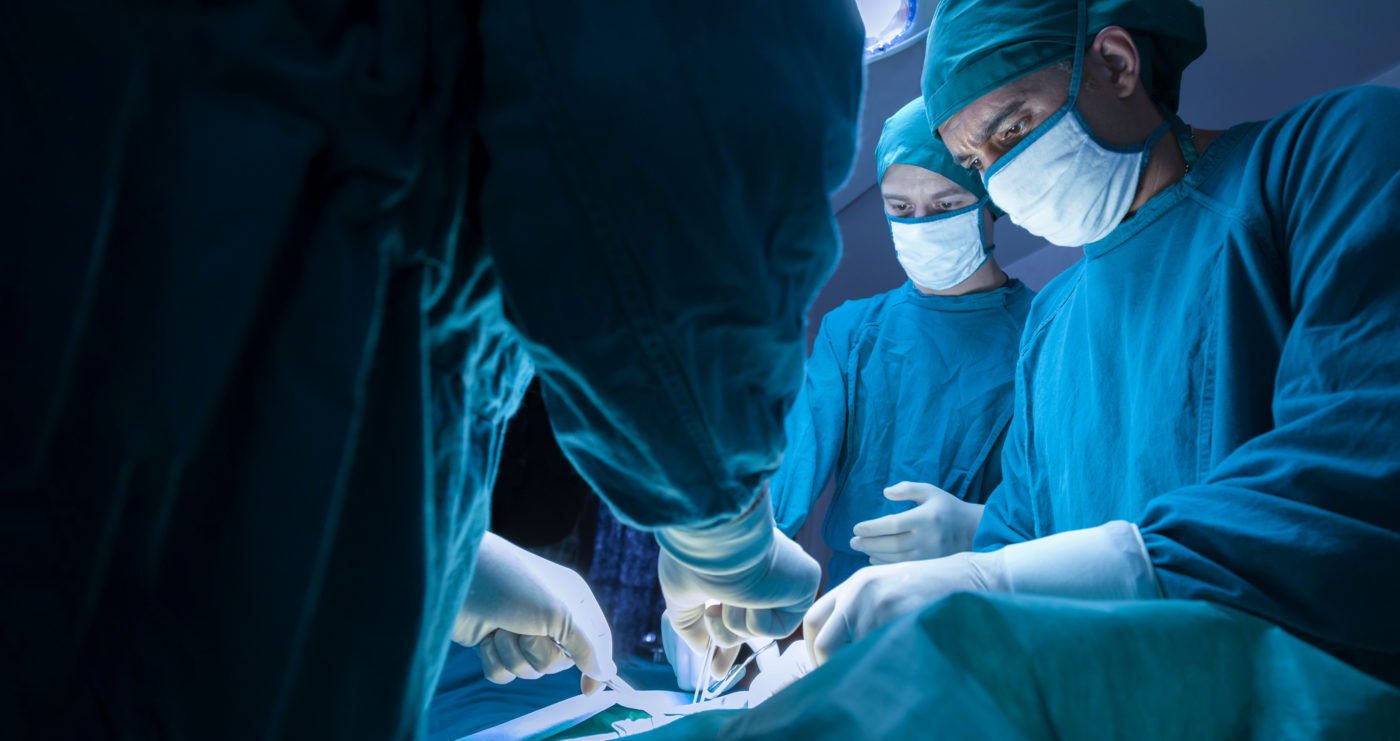Introduction
More than anything, we all want to be happy in our work. It’s no good going through extensive schooling to become a doctor, only to realize you’re not happy. Well, did you know that not all doctors are happy in their profession? Statistics vary from year to year, but recently, seven out of 10 physicians didn’t recommend their profession to others. At the same time, a few of those doctors did.
So, what’s the difference? Why are some doctors happy while others aren’t? There are several factors that contribute to happiness within your medical specialty. That’s what we’re looking at in today’s blog. Keep reading to learn more!
Work-Life Balance
Before we look at the happiest medical specialties, it’s important to analyze the difference between happiness at work and happiness outside of work. Ever heard of work-life balance? That’s what we’re talking about. If you are always working and never have free time, you’re not going to be very happy. Even doctors who couldn’t imagine working in another profession need time away from the exam room or operating table.
Some doctors choose to immerse themselves in their work because they don’t have much of an outside life. Some spent all of medical school studying and then dove right into work upon graduation, not taking any time for themselves in between. We see this portrayed on TV shows like The Resident.
And while that is a problem, we’re more focused on doctors who have a life outside of work that they can’t get to because their workload is too big. This can lead to severe unhappiness within your medical specialty!
You might not think you want a work-life balance because you love medicine so much. But, as a student, don’t you enjoy a night off, whether that’s on your couch or out on the town with friends? It’s the same idea. We all need a work-life balance, even if we don’t realize it at first. It may take time to kick in, but you’ll need time off sooner or later.
Happiest Medical Specialties
You probably want us to get straight to the point, right? What are the happiest medical specialties? Well, the most recent stats we have for the happiest medical specialties are for 2020. That year, the happiest specialties were:
- Immunology
- Dermatology
- Emergency Medicine
- Ophthalmology
- Plastic Surgery
If you’re curious, these were the least happy medical specialties:
- Internal Medicine
- Infectious Diseases
- Oncology
- Public Health and Preventative Medicine
- Cardiology
If you look closely, you can see an obvious difference between these specialties. Immunology, dermatology and plastic surgery have special cases that are extremely challenging to take on, but they wouldn’t carry the same weight that an oncologist or cardiologist carries daily.
As much as a doctor tries to keep emotionally detached from their work, dealing with sick cancer patients would still affect you. It’s no wonder it’s one of the least happy medical specialties.
Those doctors deserve a round of applause for what they do – for the sacrifice they make. Helping sick, dying patients would take a toll on anyone, but someone has to do it. Choosing a medical profession with a high death rate takes emotional strength and resilience.
But don’t let these lists dictate what you study! Just because some doctors aren’t happy in their professions doesn’t mean you won’t be. For example, you could thrive working in cardiology. You might find it fulfilling in a way you didn’t expect. For every group of unhappy doctors, there’s a happy specialist making a positive difference.
Another thing to note is that this list is constantly changing. Those numbers were for 2020. But did you know the list was totally different in 2019? That’s right. The top five happiest medical specialties in 2019 were rheumatology, otolaryngology, endocrinology, pediatrics and general surgery.
Our point? Don’t be discouraged if the specialty you’re interested in is on the least happy list. That just means that a group of doctors who were studied based on their specialties were unhappy that year. It doesn’t mean they’ll never find enjoyment or fulfillment in their work. Simply put, don’t overthink it. The happiest doctors are those who truly love their work.
Factors Surrounding the Happiest Specialties
While some people simply enjoy working in medicine, there are additional factors that contribute to how happy they are. Let’s take a closer look at what’s called the lifestyle of the specialty.
What exactly is the lifestyle of the specialty? It involves the following:
- Number of hours spent in the hospital
- How much money you make
- How predictable or unpredictable your work hours are
If you work in emergency medicine, you’ll have what’s called shift work, which means that you have a shift where you clock in and out. Sure, there will be times when you’re asked to come in early, stay late or cover for someone else. But for the most part, you’ll know when your work hours are.
If you work in a surgical subspecialty, you’ll make really good money and have a reasonable work-life balance. You’ll work hard on the cases you get, but because you have a subspecialty, you won’t be overwhelmed with your workload. Examples of subspecialties include plastic surgery, urology and otolaryngology.
Your patient population also affects how happy you are. Your patient population refers to the people you treat – not your coworkers. That’s a whole other blog post! If you’re a cancer doctor, your patient population is cancer patients. You can narrow it down even further by what kind of cancer patients you treat, such as leukemia or lymphoma patients.
You can also consider specialties where patients have comorbidities, meaning they have more than one health condition. Those patients have a higher death rate because their bodies can only cope with so much stress.
Does your patient population really affect your happiness? Yes. As we discussed earlier, being around sick, dying people will affect you differently than being around a patient who wants a tummy tuck.
Outside of your patient population, you should also consider how much time you spend with them versus time spent charting or doing administrative work. If you enjoy typing at a computer, then you might enjoy spending half your time doing administrative work. But your passion might lie with your patient population, so you might delegate all your administrative work to your nurse.
Should I Worry About My Specialty?
It’s always a good idea to consider how happy you’ll be in your medical specialty or subspecialty. However, you should not base your decision solely on statistics. The only time when you should base your decision on happiness stats is if you’re torn between two specialties. If one specialty consistently ranks on the least happy list, you might choose the other option. But even then, it’s a tough call to make.
What’s really important is being aware of what you’ll be getting yourself into. Do you care about having shift work? Do you mind working long hours? Who do you want your patient population to be? What kind of work do you find most rewarding?
Answering those questions is what will help you decide what medical specialty is right for you. And, should you go down the path of your specialty and find that it’s not right for you, you can always switch gears.
International Medical Aid
Stress definitely contributes to how happy you are. Here at International Medical Aid, we believe the happiest doctors are the ones who know when to delegate work, when to ask for help, etc. Of course, those aren’t the only factors, but they do matter!
We believe asking for help should start long before you enter those medical school doors. We highly recommend medical school admissions consulting for all pre-med students who are making their way toward wearing their very own white coats. Medical school admissions consulting is particularly helpful if you’re a first-generation college student or the first member of your family to apply to medical school.
There’s a lot involved in the application process, and even pre-meds who are following in their parents’ footsteps get overwhelmed and need help.
So, should you find yourself in that position, please don’t hesitate to reach out to us. We’ll be happy to help you, wherever you are on your medical school journey.
We wish you the best on your medical school journey!




